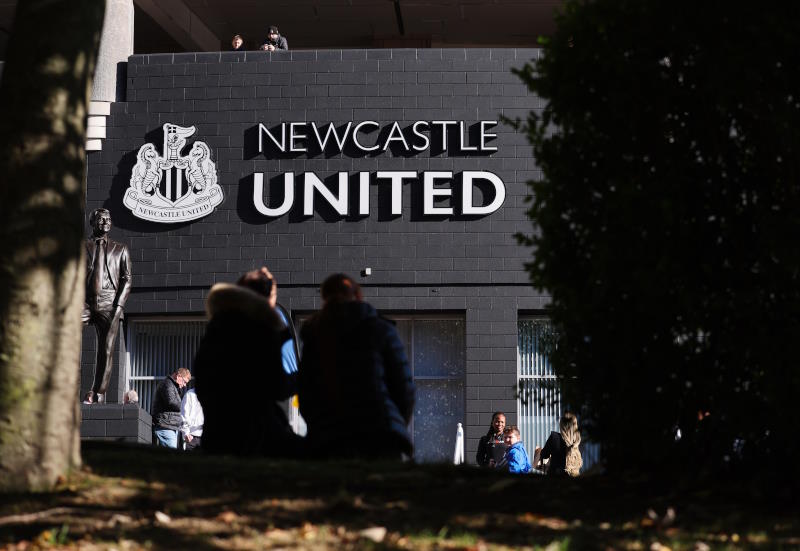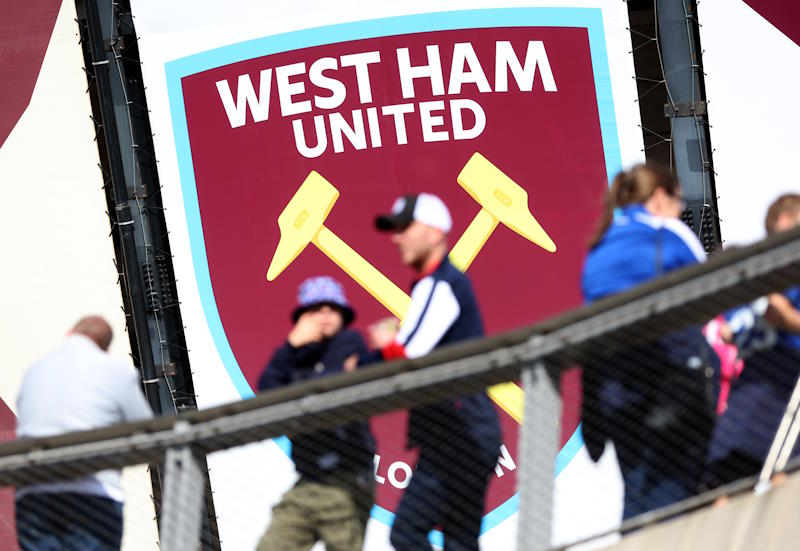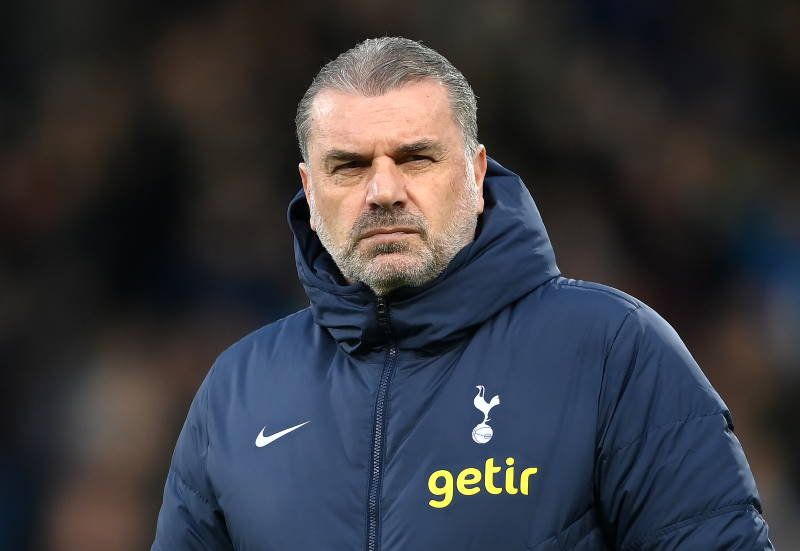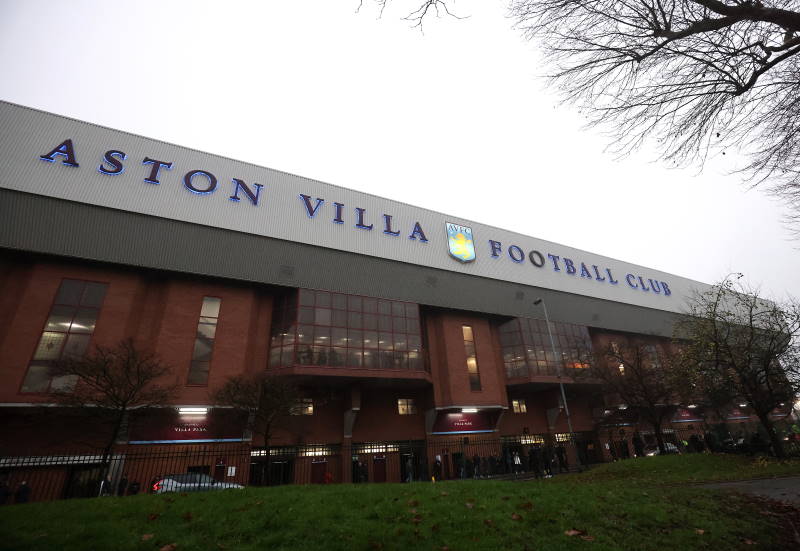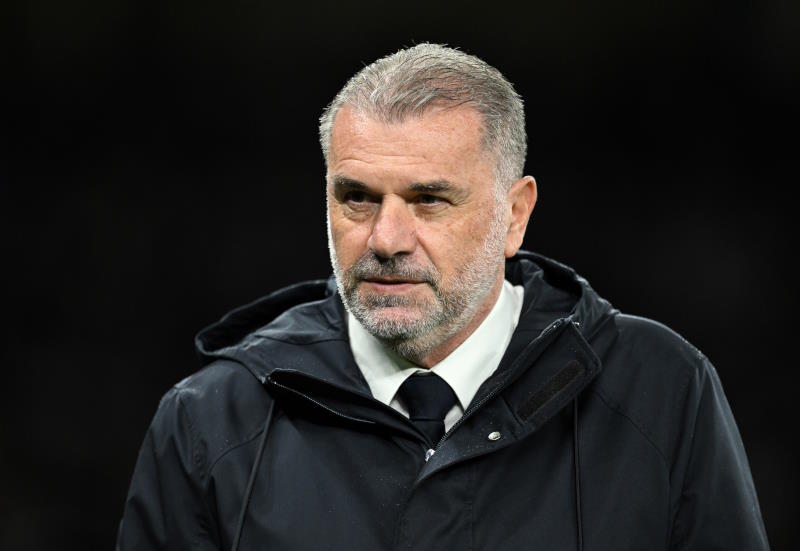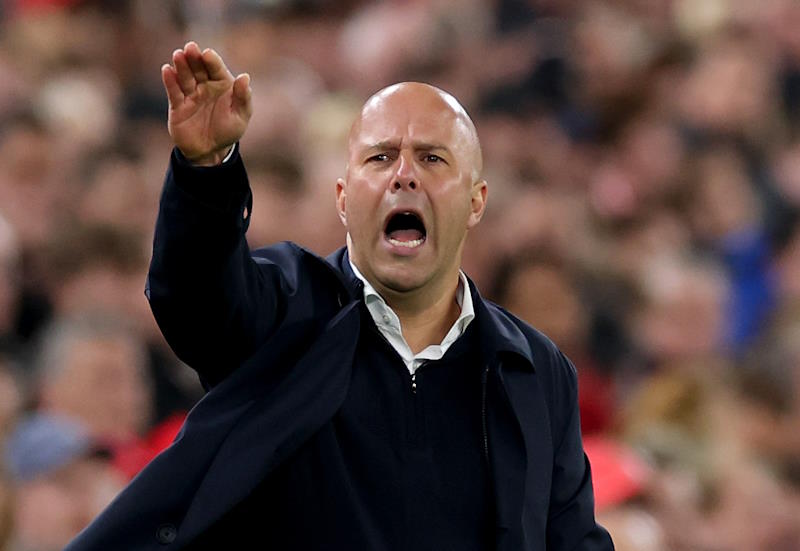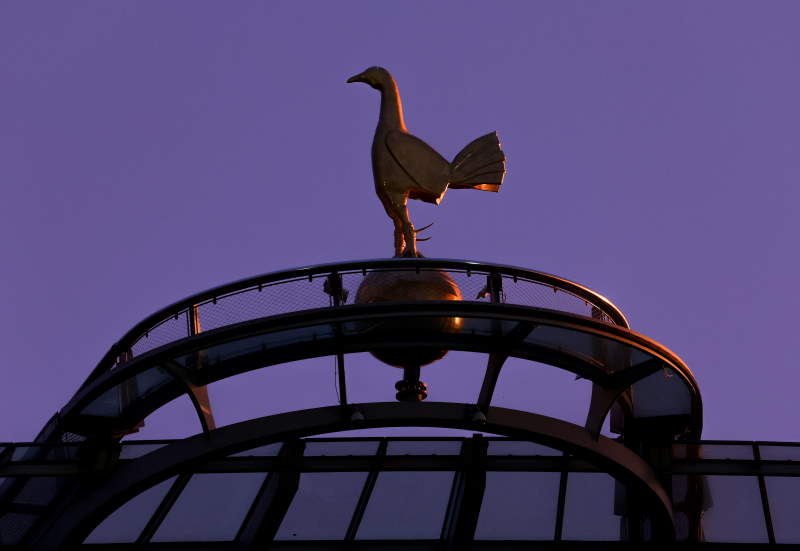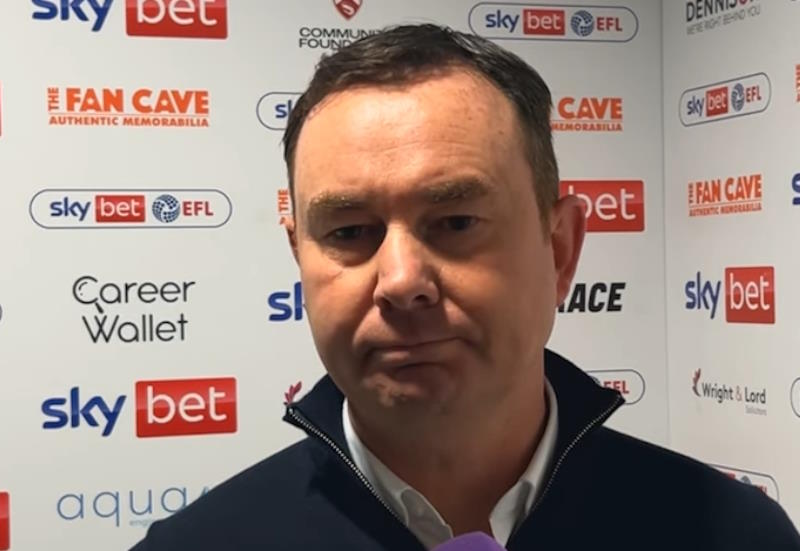
Andrew McCarten
For many, the phrase “it’s just a game” is an adage to live by when dealing with football. After a major disappointment, like a relegation or a heartbreaking loss, we are often told that, in reality, football is not the most important thing in life, even if that late goal or that blatant handball may make happiness seem a distant memory. But football is, in many cases, more than that; football can be the impetus for change in society, and can create social opportunities beyond a joyous group of supporters celebrating in a post match pub. Football to many is not just a 90 minute distraction, but a way to change one’s life.
These scales of change often differ dramatically; for superstars like Lionel Messi, Didier Drogba, and Robbie Keane, football has brought financial security to their family and loved ones, as well as incredible fame and notoriety. At the much more prevalent grassroots level, though, football works in local communities to enable people who will never play in a World Cup, or be the subject of a multi-million euro bid, to gain self-confidence and a set of tools for improving their life off the pitch, as well as helping society to understand some of the unique problems they face. One such organisation is the Irish Deaf Football set-up.
Though deaf people do not face the hardships and obstacles that those afflicted with conditions like Cerebral Palsy, blindness, and Down’s Syndrome do, their condition is often frighteningly misunderstood and "under-represented,” according to team manager Thomas Coyle. Far away from massive stadia and contracts, the ethos of football is kept alive and well around the world, and a great example of this is the Irish national deaf team. The Irish Deaf Football team and organisation have provided a benchmark for football associations around the world to emulate in their work with the deaf in Ireland, and have had a high degree of international success to go along with it.
Technically, FIFA defines deaf football competition as disabled football, under the “Football For All” programme; however, if you were to watch a match, that would be a tough sell based on the quality of play. The public seem to think deaf football is “slow and ragged,” says Coyle, but “the games run remarkably smooth, particularly at international level, where the skill of the players is extremely high. Anytime new fans come to watch the team they are impressed.” There are only two main deaf clubs in Ireland, St Vincent’s of Dublin and Belfast Deaf United. However, Coyle notes that Irish players working or studying in England often turn out for Fulham Deaf FC or Arsenal Deaf FC. Further, “seven or eight Irish players compete for mainstream clubs, some at intermediate levels,” dispelling any myths about the quality of deaf football.
The competitive atmosphere is indeed very intense, and ahead of the 2007 European Championships team captain Darren Dunne said the team were “highly motivated to reach the final,” and even had to put up with malicious, “blatant” diving from their Russian opponents at the quarter-final stage, just like their senior national team brethren. Coyle experiences some of the same problems Ireland national team boss Giovanni Trapattoni does, due to the “smaller quota of players to pick from,” but this didn’t stop the side from achieving their biggest feat to date, taking third place.
And the loyal fans were not left bored in the slightest, as every goal was celebrated with a Ric Flair-like salsa dance. Dunne says the team were inspired to do this after meeting the hugely popular professional wrestler at Dublin Airport, and it certainly stuck out as one of the most impressive celebrations (imagine Robbie Keane and co. pulling that off!).
The future, too, looks bright for the Irish. The FAI “has become more and more involved” in the process, adding both funds and assistance in identifying new talent. And the hard work of all involved means that those who come to a training camp or try-out “see how professionally run the environment is, and are always keen to become involved.” Coyle and his staff devote a lot of time to scouting opponents and working on fitness and tactics, as well as looking for new players to bolster the squad.
To qualify for the 2011 European Championships, Ireland faced a two-legged tie against Slovakia, who Coyle knows all too well took traditional heavyweight France to the wire in the 2007 edition. But the Irish put in a heroic, extremely efficient display in the first leg in Dublin, running out 6-1 winners. Coyle, quick to remind both myself and the players that “the tie isn’t over yet,” with the return to come in September and was extremely happy with the “work-rate and hunger” the players showed.
The effort by all involved is the main catalyst behind the remarkable success of so small a team, but Coyle describes the real reason why he is involved with the side; “I have personally witnessed so many quality-of-life improvements gained by young deaf players through participation in football. Many of these lads have been given a disadvantage because of their disability, but to boost the self-esteem and confidence through footballing success often leads to knock-on benefits in other areas of their lives such as education and jobs.”
A bigger success than any scoreboard or league table could ever measure.


